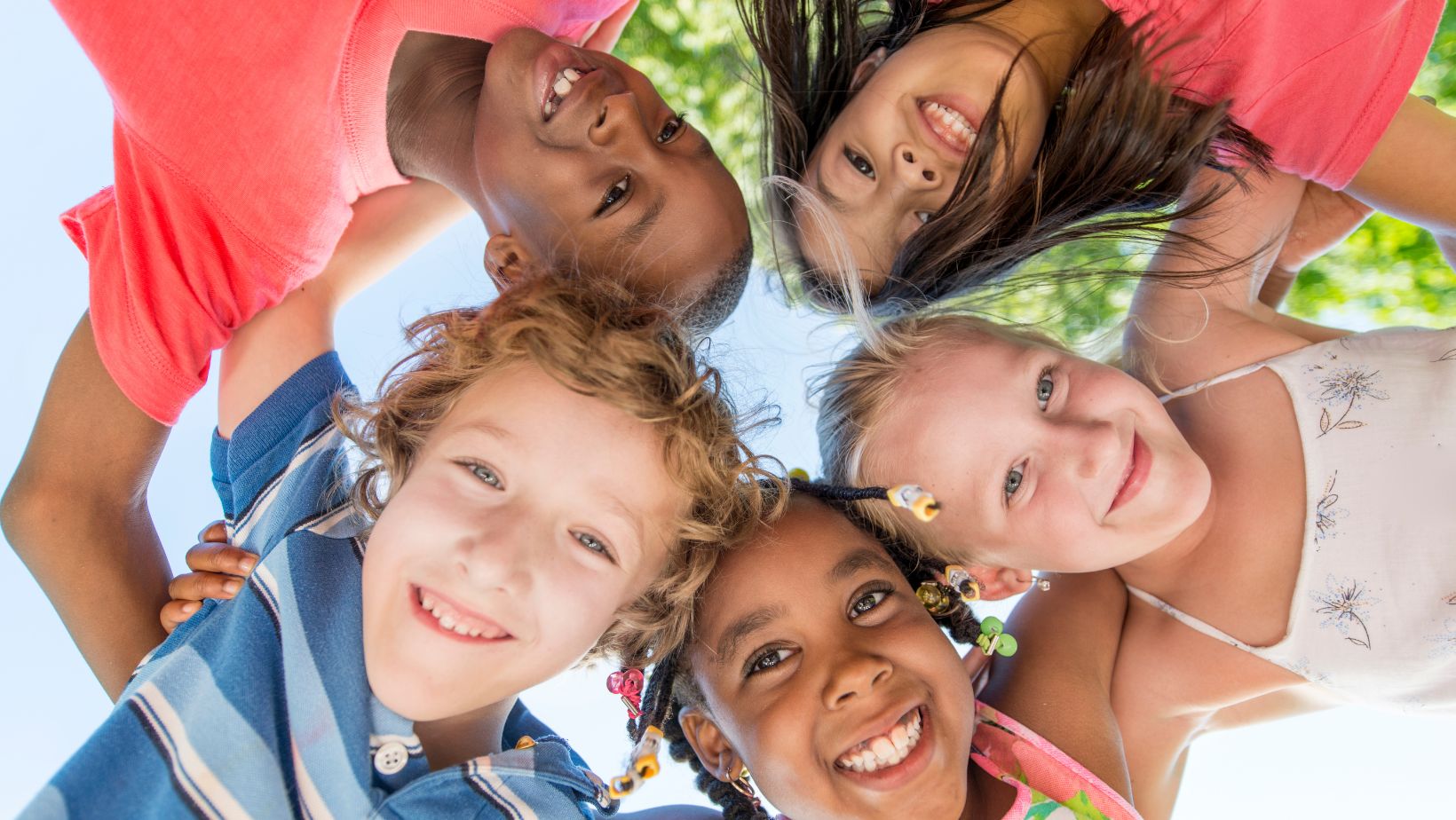
The ancient herb Ashwagandha (Withania somnifera) has long been celebrated in Ayurvedic medicine for its adaptogenic and restorative properties. Recently, its use has extended beyond adults to include children, sparking both curiosity and caution among parents and healthcare providers. This article explores the potential benefits and risks of ashwagandha for kids, diving into the science behind its effects and offering evidence-based guidance on its use.
What is Ashwagandha?
Ashwagandha, also known as Indian ginseng or winter cherry, is a small evergreen shrub native to India and parts of Southeast Asia. Traditionally used for over 3,000 years, it is revered for its ability to reduce stress, enhance energy, and improve overall well-being.
Active Components of Ashwagandha
| Component | Known Effect | Relevance for Children |
| Withanolides | Stress reduction, immunity enhancement | Supports resilience and mental well-being |
| Alkaloids | Anti-inflammatory properties | May assist in reducing chronic inflammation |
| Flavonoids | Antioxidant effects | Protects against oxidative stress |
Its adaptogenic properties help the body manage stress by modulating the hypothalamic-pituitary-adrenal (HPA) axis, making it particularly appealing for addressing modern-day challenges such as anxiety, poor sleep, and weakened immunity(Ashwagandha_ Is it help…)(pharmaceutics-15-01057).
Ashwagandha’s Role in Stress and Anxiety Management
Stress is no longer an adult-only issue; children face mounting academic pressures, social challenges, and environmental stressors. Ashwagandha, classified as an adaptogen, has been shown to reduce cortisol levels, the primary stress hormone. By regulating the body’s stress response, it promotes a sense of calm and resilience.
Scientific Evidence
Studies reveal that ashwagandha supplementation significantly reduces stress and anxiety in adults, with doses of 300–600 mg per day showing notable results(Ashwagandha_ Is it help…). While direct studies on children are limited, the herb’s stress-modulating mechanisms suggest potential benefits for young individuals experiencing chronic stress or anxiety.
Cognitive Benefits: Enhancing Focus and Memory
Children often struggle with focus and memory, especially in demanding academic environments.

Ashwagandha’s neuroprotective effects stem from its ability to combat oxidative stress and improve neuronal function.
Research Insights
Clinical trials show that ashwagandha improves executive functioning, attention span, and reaction times in adults(pharmaceutics-15-01057)(Ashwagandha_ Is it help…). While pediatric-specific data is lacking, the evidence suggests that ashwagandha may support children’s cognitive development and learning. Many readers exploring natural sleep aids have also come across helpful insights from Moonbrew reviews, which highlight how certain blends and ingredients can complement herbs like ashwagandha in promoting deeper, more restorative rest.
Sleep Improvement: A Natural Aid for Restless Nights
Sleep issues, such as difficulty falling asleep or staying asleep, are increasingly common among children. Ashwagandha’s Latin species name, somnifera, translates to “sleep-inducing,” highlighting its potential role in promoting restful sleep.
Benefits for Sleep
Studies in adults have shown:
- Improved sleep quality.
- Increased total sleep time.
- Enhanced sleep efficiency through relaxation and reduced nighttime cortisol levels(Ashwagandha_ Is it help…).
For children, under professional guidance, ashwagandha could offer a natural alternative to address sleep difficulties.
Boosting Immunity and Physical Resilience
Children are often exposed to various pathogens, especially in school settings. Ashwagandha’s immunomodulatory properties make it a promising supplement for enhancing resilience against illnesses.
How It Supports Immunity
- Increases cytokine activity.
- Supports white blood cell production(pharmaceutics-15-01057)(Ashwagandha_ Is it help…).
- It aids in faster recovery from infections and reduces the frequency of illnesses during high-risk seasons.
Safety and Dosage Considerations
When considering ashwagandha for children, safety is paramount. Clinical studies in adults have shown it to be well-tolerated at doses of 250–600 mg daily. However, pediatric usage lacks extensive research, and dosing should be adjusted based on body weight and age.
Side Effects
- Mild: Gastrointestinal discomfort, drowsiness.
- Rare: Interactions with thyroid medications, potential liver effects(Ashwagandha_ Is it help…)(Ashwagandha_ Is it help…).
Contraindications
Ashwagandha is not recommended for:
- Children with thyroid disorders or hormone-sensitive conditions.
- Autoimmune diseases, unless guided by a healthcare provider.
Cautions and Ethical Considerations
While ashwagandha shows promise, parents should exercise caution when using herbal supplements for children.
Points to Consider
- Ethical concerns arise from the lack of pediatric-specific studies.
- Supplements should not replace a balanced diet, adequate sleep, and physical activity.
Practical Applications and Supplement Options
For parents considering ashwagandha for their children, one convenient option is gummies.

Ashwagandha Gummies are easy to consume and provide a palatable way for kids to experience the potential benefits of this herb. However, it is crucial to select high-quality products and adhere to recommended dosages.
Takeaway (TL;DR)
Ashwagandha, an ancient Ayurvedic herb, shows potential benefits for children, including reduced stress, improved sleep, enhanced immunity, and better focus. Its adaptogenic and neuroprotective properties, supported by scientific studies in adults, make it a promising natural supplement. However, due to limited pediatric-specific research, its use in children requires cautious dosing and professional guidance. Convenient options like Ashwagandha Gummies make supplementation easy, but parents should prioritize a balanced lifestyle over-reliance on supplements.

















